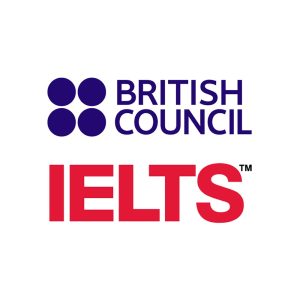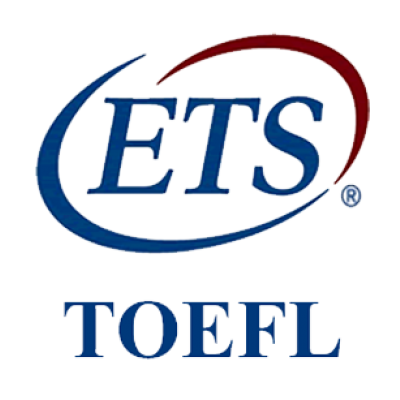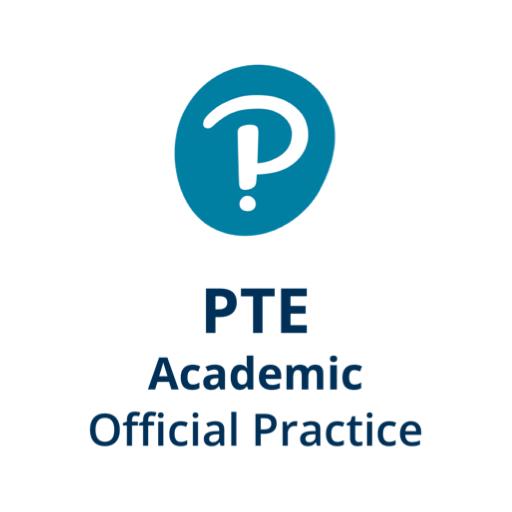IETLS course
The IELTS course is for students from Intermediate to Advanced levels. It focuses on academic skills, with the goal of preparing students to successfully sit the IELTS test. During the course, you will be engaged with different, exciting topics and practice speaking, listening, grammar, reading and writing.

Topics
1. Course Objectives and Content Selection:
– Clearly defining the course objectives and learning outcomes. Identify the specific IELTS components to cover, such as listening, reading, writing, and speaking.
– Choosing appropriate study materials, including authentic IELTS practice tests, sample questions, and relevant academic content.
2. Interactive Learning Activities:
– Creating interactive activities that engage students and encourage active participation. These can include group discussions, role-plays, and online simulations of real IELTS exam tasks.
– Useing multimedia resources like videos, audio recordings, and interactive quizzes to make the learning experience more dynamic.
3. Flexible Scheduling and Access:
– Offer flexibility in scheduling to accommodate learners from different time zones.
– Providing recorded sessions or materials that students can access at their convenience to review and reinforce learning.
4. Live Instruction and Feedback:
– Conducting live online classes with an experienced IELTS instructors who can provide real-time feedback and address students’ questions and concerns.
– Organising speaking practice sessions with individualized feedback to improve pronunciation and speaking skills.
5. Progress Assessments:
– Implementing regular progress assessment to track students’ improvement and identify areas that need further attention.
– Useing mock IELTS tests to simulate the exam experience and evaluate students’ readiness.
6. One-on-One Support:
– Offering opportunities for one-on-one sessions with instructors to address individual challenges and provide personalized guidance.
– Useing private messaging or discussion forums to allow students to interact with instructors outside of live sessions.
7. Online Collaboration Tools:
– Utilising online collaboration tools such as virtual whiteboards, shared documents, and collaborative platforms for group activities and teamwork.
8. Tech Support and Orientation:
– Providing technical support to ensure students can access the online platform and resources without difficulties.
– Offering an orientation session to familiarize learners with the online tools and the course structure.
9. Community Building:
– Creating a sense of community among participants through discussion forums or social media groups where they can interact, share experiences, and support each other.
10. Regular Communication:
– Maintaining regular communication with students through email updates, reminders, and progress reports.



